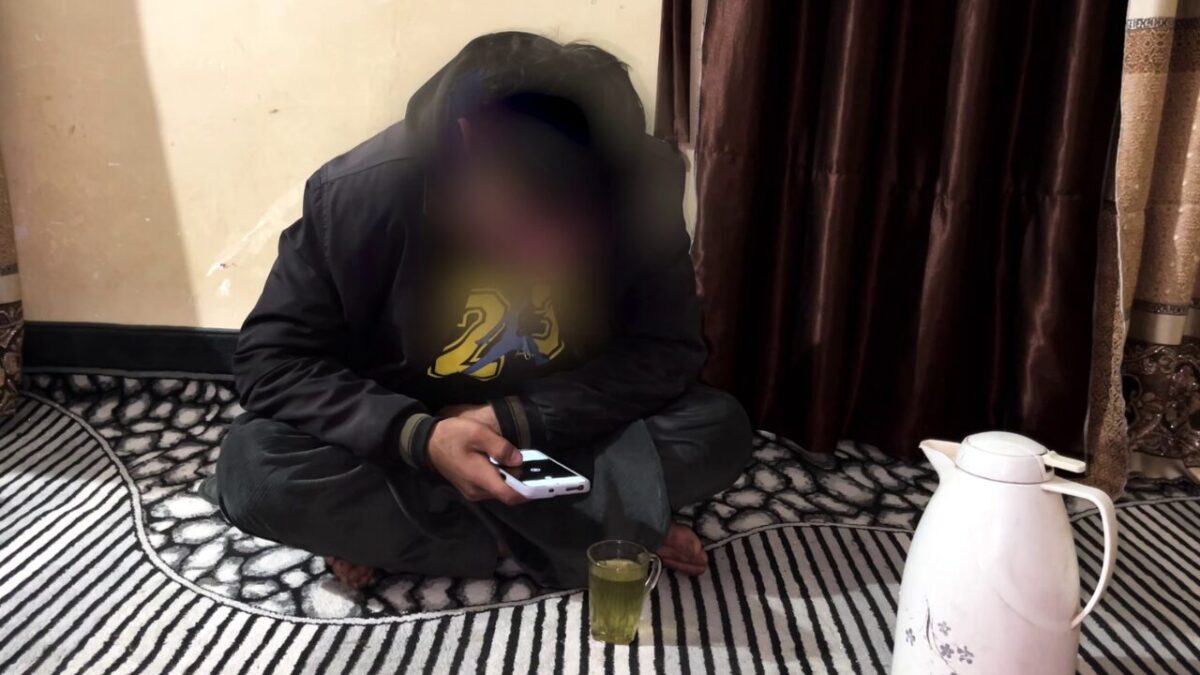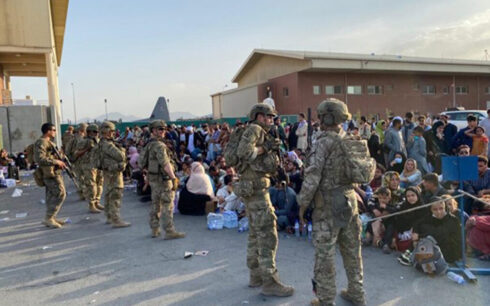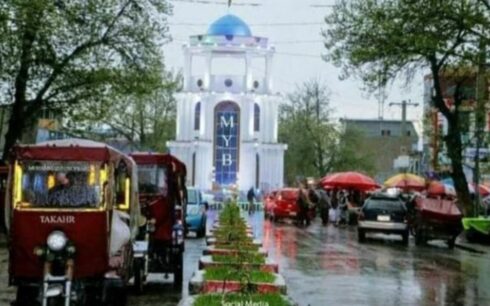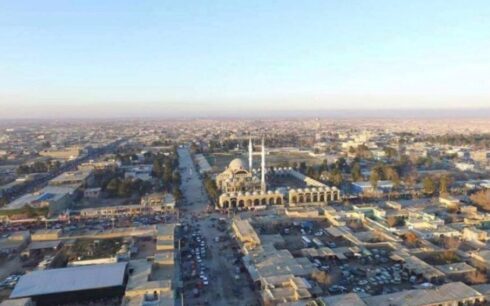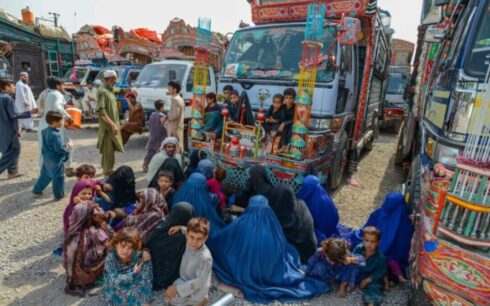For nearly five months, Zaki, not his real name, endured torture, forced labor, and constant threats to his life after being trapped by human traffickers on the Iran-Turkey border. His journey, which began with dreams of reaching Europe, turned into a harrowing ordeal that highlights the dangers faced by Afghan migrants pursuing irregular migration routes.
“I wanted a better future, but all I found was cruelty and betrayal,” Zaki said, recounting his experience anonymously due to safety concerns.
Zaki, like many others, was lured by the promises of smugglers operating through social media. He contacted one and joined a group of 25 other hopeful migrants in Tehran. They were told they would reach Turkey quickly and safely, with the ultimate goal of heading to Europe.
The journey begins
The group began their journey under the guidance of the smuggler, traveling from Tehran toward the border town of Urmia. “We were optimistic,” Zaki said. “We believed the smuggler’s assurances that he would guide us all the way to Turkey.”
Upon reaching the border area near Urmia, the group was taken to a makeshift camp. “We were told to wait until midnight to cross into Turkey,” Zaki recalled. “But we didn’t know what awaited us.”
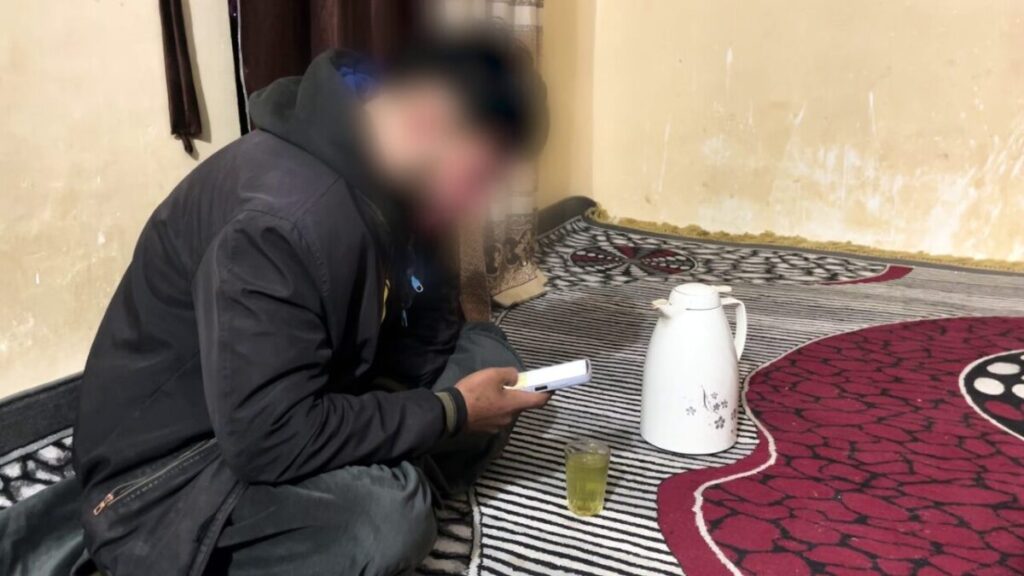
A brutal betrayal
At midnight, six or seven vehicles arrived, filled with armed men who claimed they would transport the group across the border. However, the smugglers demanded additional money, telling the migrants they had to pay for the vehicles.
“They said the smuggler wouldn’t cover the cost, so we pooled our money,” Zaki said. “But instead of taking us to Turkey, they transported us to another camp where the torture began.”
Zaki and his group realized they had been handed over to kidnappers. “The smugglers betrayed us,” he said. “We were trapped.”
For the next three months, Zaki and his fellow migrants endured daily abuse. The kidnappers confiscated their belongings and demanded ransom from their families.
“They beat us, took our phones and money, and forced us to call our families,” Zaki said. “They told us to ask for money, or they would kill us.”
Zaki’s family, struggling with financial hardship, was unable to gather the $2,000 ransom demanded by the kidnappers. “Every day, they threatened us,” he said. “And because my family couldn’t pay, they made me do forced labor.”
The tasks ranged from cleaning toilets to tidying the kidnappers’ sleeping quarters. “We were treated like slaves,” Zaki said. “There was no escape, only more threats and abuse.”
Sold again
After nearly three months, Zaki’s family managed to raise the ransom, but his release was short-lived. “Once they got the money, the kidnappers sold me to another group of traffickers,” he said. “They moved me to another camp near the Iran-Turkey border.”
The second group of traffickers was just as brutal. “They tortured us and demanded more money,” Zaki said. “We were beaten regularly. One of my companions tried to send his location to his family in Afghanistan, hoping they could alert the authorities.”
The family’s efforts led to a raid by Iranian authorities. However, instead of helping the migrants, Zaki said, the officials demanded bribes. “They treated us like criminals,” he said. “They said, ‘You’re Afghans, you have no rights here.’”
For those who couldn’t pay, the abuse continued. “It was endless,” Zaki said. “We felt abandoned by everyone.”
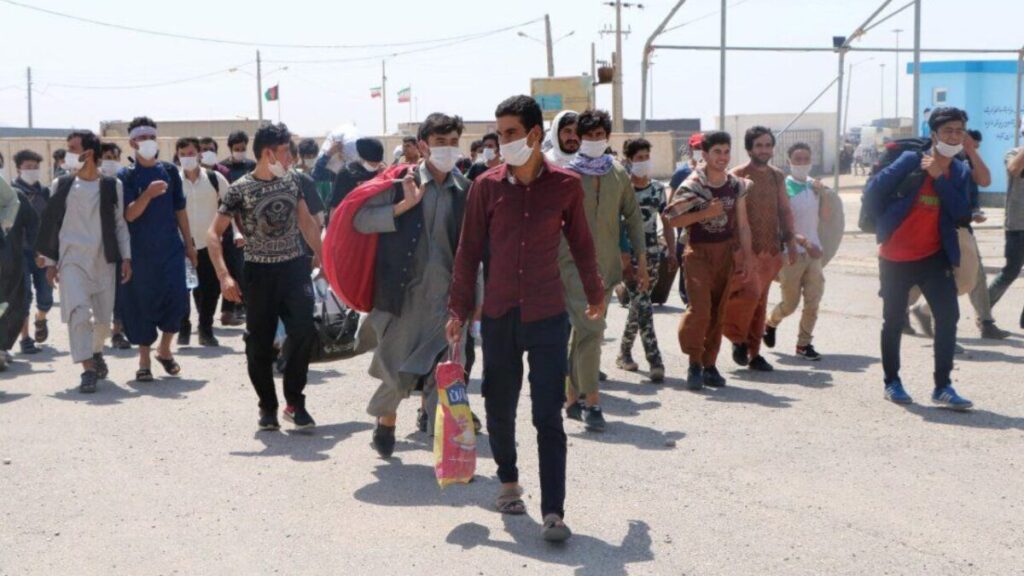
A painful return
After nearly five months in captivity, Zaki finally managed to return to Afghanistan. His family’s persistence and resourcefulness saved his life, but the trauma lingers.
“The physical pain has faded, but the psychological scars remain,” Zaki said. “Every time I close my eyes, I see their faces. I hear their threats.”
Zaki’s ordeal has convinced him to speak out, warning others about the dangers of irregular migration. “I wouldn’t wish this on anyone,” he said. “To anyone considering this path, my message is clear: Don’t do it. The risks are too high, and you never know who you can trust.”
Zaki’s story is not unique. Thousands of Afghan migrants face similar dangers as they attempt to flee economic hardship, political instability, and a lack of opportunities at home. Human traffickers and criminal networks prey on these vulnerabilities, while local authorities often turn a blind eye—or worse, exploit the situation themselves.
The overlapping crises of Afghanistan’s deteriorating economy, the Taliban’s restrictive rule, and the lack of international support have left many Afghans feeling they have no choice but to risk their lives on dangerous migration routes.
Zaki’s journey serves as a stark reminder of the human cost of these decisions and the urgent need for comprehensive solutions to address the root causes of irregular migration.

